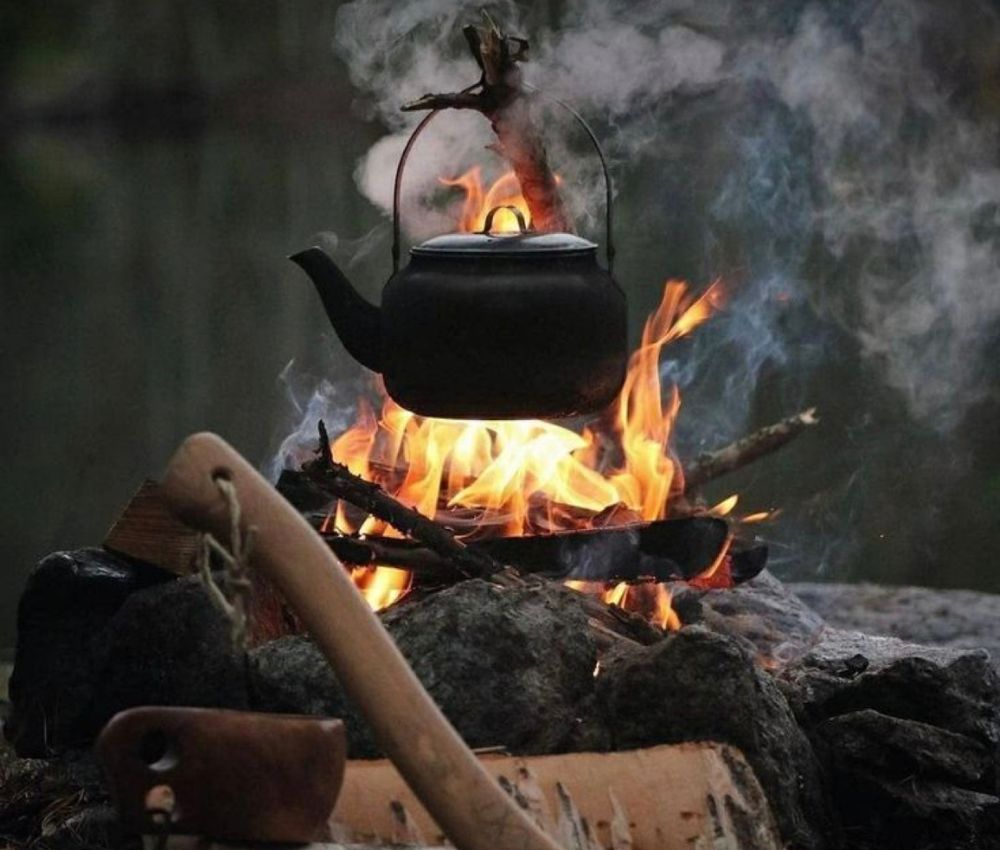Funding Conversations: Challenges, Power, and Hope from Our Communities

Reflections on Funding Conversations in Our Communities
Nau mai e koanga - spring is in the air! Welcome to this week’s newsletter where we share the kōrero from last week’s cuppa. The topic that emerged was the thinking, ideas and process of small and Not For Profit organisations applying for funding.
A regular visitor to our weekly Cups of Tea, with many years of experience in the funding sector, shared their insights with the group. We listened as they unpacked the current challenges and opportunities in funding, and explained how they are supporting groups to navigate the ins and outs of this complex space.
Complexity of funding applications
Participants spoke openly about the challenges of applying for grants, the inequities built into current systems, and the hopes for a fairer, more accessible approach. What followed was a rich exchange of stories, frustrations, and possible solutions.
A central theme was the complexity of funding applications. One participant described the sheer time and energy required: “It’s so far at 5800 words, just to answer their… questions, and it’s not for that much [the funding amount]”.
This experience highlighted how small community groups, without dedicated advisors, struggle to keep up. Instead of focusing on delivering their mahi-work, managers and volunteers find themselves bogged down in paperwork. Another participant reflected: “You almost have to have your program written out, you know, as if you’re ready to go from day one. And, you know, with no support really around that.”
These comments linked to a broader frustration with what was described as: “Pitching in the dark a little bit.”
Power Imbalances
Alongside this, the group discussed the bias toward larger, well-established organisations. As one participant noted: I would just have to put a stamp of who I work for, and then I get the money straight away. Whereas, if you're a smaller organisation creating a big, big impact, you haven't been around long enough, or they don't, they don't really feel like funding you. They'd rather funder this massive, massive, multi-million dollar organisation who's established
Another reflected on cultural differences in funding models which have a “Western bias” [in their processes and expectations]: “Unless that’s recognised, you’re fighting a continual uphill battle, I think, for those groups to be able to have even reasonable access to funding.”
Equity and representation in decision-making
The conversation also turned toward equity and representation in decision-making. Climate initiatives led by Māori, Pacific, migrant, and refugee communities were mentioned as especially underfunded: “It’s a really underfunded space, and working in that Māori, Pacifica, migrant and refugee communities that are the most impacted by climate change, but the least actually funded, or the least able to participate in the decision making on where the funding goes.”
Some encouraging moves were noted, with funders beginning to ask applicants how they are working alongside diverse communities. Yet, as one voice put it: “There’s such a long way to go. And, yeah, you’ve just got to free up the money right now.”
The role of business in philanthropy
Another theme was the role of business and philanthropy. Some felt strongly that corporate giving remains concentrated on high-profile charities: “Businesses need to simply step up in the space and absolutely be actively participating. They are part of society. They all give pro bono help, but they really need to start giving dollars… not just to the big ones…like really well known, high branded charities that everyone knows about, because that looks good on their annual report.”
The group acknowledged that these dynamics are not unique to Aotearoa. Community members from Australia shared similar experiences: “A simplification of all of this is essential, not just in New Zealand. I’d say it’s essential over here too.”
Hopeful ideas for change
Amidst the critique, hopeful ideas for change also surfaced. Suggestions included creating starter funds to support groups in preparing applications, pooling resources to support newcomers, and building local collectives to share knowledge and funding directly to smaller organisations. These were seen as practical ways to reduce barriers and shift power back toward communities.
There was also recognition that individuals can play a role. One participant, who makes small personal contributions, reflected: “It has made me think about where I am putting the koha [donation]. So I’ve just made a note to myself to look at smaller organisations.”
At the same time, others highlighted the resilience of community groups. Despite inequities, many continue to create significant change: “Smaller organisations may face barriers, but their mahi [work] is powerful… it gives me hope, I think, for some sort of change in the future.”
The conversation closed with a reminder that this is both a local and global issue, shaped by politics, economics, and shifting cultural expectations. Yet the shared experiences also pointed toward solidarity.
As participants reflected, the road ahead involves both advocating for systemic change and practicing community-led solutions now. Whether through collective action, conscious giving, or rethinking how relationships are valued, the message was clear, funding should enable mahi, not stand in its way.
Join us today at 11am for another cuppa. Bring a topic with you, and we'll see where it takes us. Follow the Link to register.

